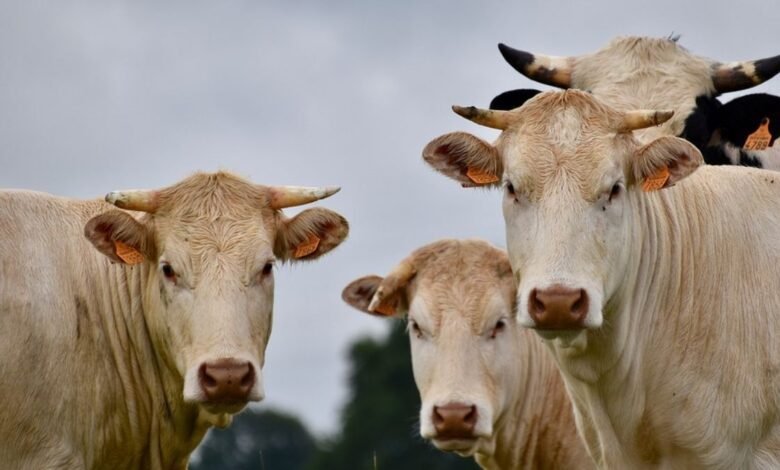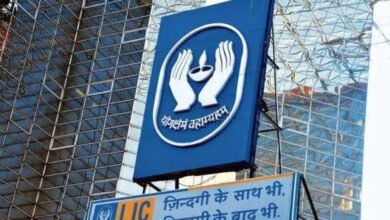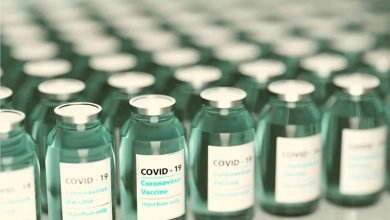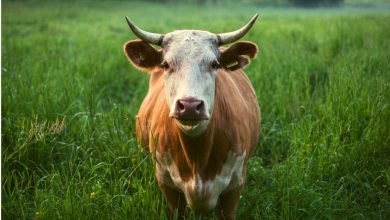Centre move to bring in private sector nominee on NDDB board lambasted

The proposal to bring in private sector nominee on NDDB board set to harm co-op dairy sector
The Union government’s move to bring in private sector representation in the National Dairy Development Board (NDDB) has come in for some strong attack from the Kerala Co-operative Milk Marketing Federation (KCMMF), which termed it as an attempt to infringe on the autonomy of the body. KCMMF owns the popular dairy brand Milma in Kerala.
The proposal to induct representatives from private dairies in the director board of NDDB will seriously harm the co-operative dairy movement in the country, KS Mani, Chairman, KCMMF, stated. It may be noted that the Union ministry had recently sought suggestions and comments on the proposed amendments, which also includes a proposal to appoint an additional director representing private dairy industry, to be nominated for three years. The directors nominated to NDDB will also be ex-officio directors in the boards of subsidiary companies.
KCMMF plans to convey to the Centre its strong reservations against the proposed amendments as they would seriously affect the autonomy of NDDB and harm the interests of millions of dairy farmers and the dairy cooperative movement as a whole.
It will also seek the intervention of the state government to exert pressure on the Centre to abandon the move by putting across its stand on the issue. “Despite being a largely agrarian population, India became the world’s leading milk producing nation purely due of the systematic, scientific and visionary initiatives of NDDB”, according to KCMMF.
Centre move on NDDB to hurt cooperative dairy sector
Instead of inducting representatives from the private sector dairies into NDDB, the Centre should urge the private dairies to utilize the vast technical knowledge and rich domain expertise and experience of NDDB, by drafting in top officials of NDDB into their director boards, it has been suggested.
Pointing out that private dairies are highly resourceful when compared to the dairy cooperatives and they have been progressing in the country on their own, the Kerala Co-operative Milk Marketing Federation chief added that the proposal to include representatives from private dairies in the NDDB’s director board would lead to diffusion of focus on dairy cooperatives.
As per an office memorandum of the Department of Animal Husbandry and Dairying under the Ministry of Fisheries, Animal Husbandry and Dairying, amendments to the National Dairy Development Board (NDDB) Act, 1987, have been proposed to ensure better management and monitoring of the functions of the Board.
The amendments also propose to replace the words “the co-operative strategy” (sub-section 1, clause b) in the Section 16 of the Act with “and other plans for the development of the dairy sector” and the words “public sector” (sub-section 2, clause b) with the words “or any other organisation”.
The proposed government control in policy and administrative matters of NDDB would infringe on the autonomy of the dairy board; hamper its initiatives and vision to make India self- sufficient in milk production through a nationwide dairy cooperative movement.
The proposal comes as unfortunate and especially disadvantageous to the rural dairy sector. The political interference resulting from this could also hinder the efforts of the dairy board to channel resources to the most deserving beneficiaries.
NDDB was formed with the objective of pan-India development of the dairy cooperative sector and the success of Amul in Gujarat was so influential that the soul and spirit of the model were replicated throughout the country as Anand pattern.
Move defeats vision of Dr. V Kurien
The proposed amendment to bring in private representation can hamper the board’s core function of ‘replicating Anand pattern dairy cooperatives across the country’. The NDDB is still performing this function but there is a long way to go in making a strong and sustainable Anand pattern dairy cooperative network pan-India.
The White Revolution in the country and the resultant rural progress were possible only because of the trust governments had in NDDB. This was instrumental in bringing about a major socio-economic uplift of the rural poor through the dairy cooperative networks, KCMMF said.
The proposed amendments also run against the vision of Dr. V Kurien, the Milk Man of India, who devoted a lifetime to liberate the poor dairy farmers and the country’s dairy economy, the federation has noted, urging the Union Government to give up the proposed amendments that could adversely impact lakhs of dairy farmers.







